
Maria Temming
Assistant Managing Editor, Science News Explores
Previously the staff writer for physical sciences at Science News, Maria Temming is the assistant managing editor at Science News Explores. She has undergraduate degrees in physics and English from Elon University and a master's degree in science writing from MIT. She has written for Scientific American, Sky & Telescope and NOVA Next. She’s also a former Science News intern.

Trustworthy journalism comes at a price.
Scientists and journalists share a core belief in questioning, observing and verifying to reach the truth. Science News reports on crucial research and discovery across science disciplines. We need your financial support to make it happen – every contribution makes a difference.
All Stories by Maria Temming
-
 Chemistry
ChemistryThe development of the lithium-ion battery has won the chemistry Nobel Prize
Three scientists have won the 2019 Nobel Prize in chemistry for helping create lithium-ion batteries, which power everyday devices from smartphones to electric cars.
-
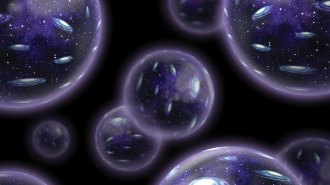 Cosmology
CosmologyA new book explores how the concept of the multiverse has evolved
Tom Siegfried, author of ‘The Number of the Heavens,’ discusses what the multiverse has meant to great thinkers throughout history.
-
 Neuroscience
NeuroscienceMaryam Shanechi designs machines to read minds
Maryam Shanechi creates computer programs that link brain and machine to one day help patients with paralysis or psychiatric disorders.
-
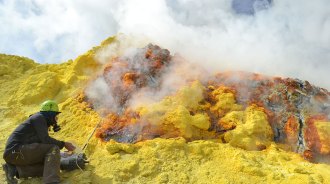 Earth
EarthHere’s where Earth stores its carbon
Most of Earth’s carbon is stored inside the planet. But giant lava outflows and now humans have released huge amounts of carbon into the atmosphere.
-
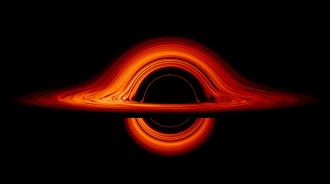 Space
SpaceNASA’s new black hole visualizations showcase how gravity warps light
Images from computer simulations highlight how the extreme gravity of a black hole tampers with light rays emanating from its accretion disk to create weird patterns.
-
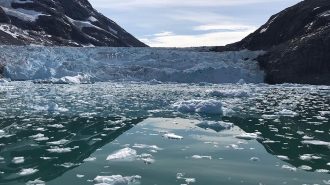 Climate
ClimateHow climate change is already altering oceans and ice, and what’s to come
A new IPCC report gives the lowdown on how climate change is already wreaking havoc on Earth’s oceans and frozen regions, and how much worse things could get.
-
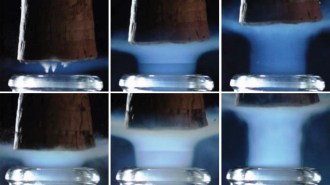 Physics
PhysicsCO2 from champagne bottles can form shock waves like those seen in rocket exhaust
Popping a bottle of bubbly releases a plume of dry ice that bears a visible type of shock wave called a Mach disk.
-
 Math
MathA new book shows how not to fall for dubious statistics
Skipped statistics in school and wonder what you missed? David Spiegelhalter’s ‘The Art of Statistics’ has got you covered.
-
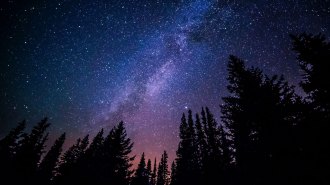 Tech
TechThis device harnesses the cold night sky to generate electricity in the dark
A new thermoelectric generator uses the temperature difference between Earth and outer space to create electricity after the sun goes down.
-
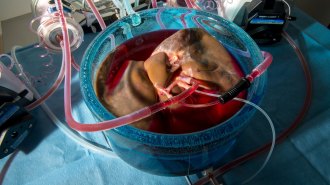 Humans
HumansSupercooling tripled the shelf life of donor livers
Cooling organs to subzero temperatures could help them last longer, making lifesaving transplants available to more people.
-
 Humans
HumansThe longest Dead Sea Scroll sports a salt finish that the others lack
A newly discovered salty lamination on the Temple Scroll could help explain why the ancient manuscript’s parchment is remarkably bright.
-
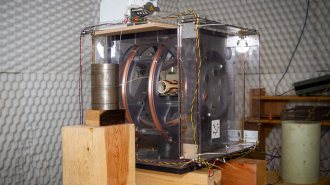 Tech
TechA mini chemical lab could one day test for toxic nerve agents in the field
Portable lab equipment that detects nerve agents could help judge when it’s safe to return to previously exposed areas.